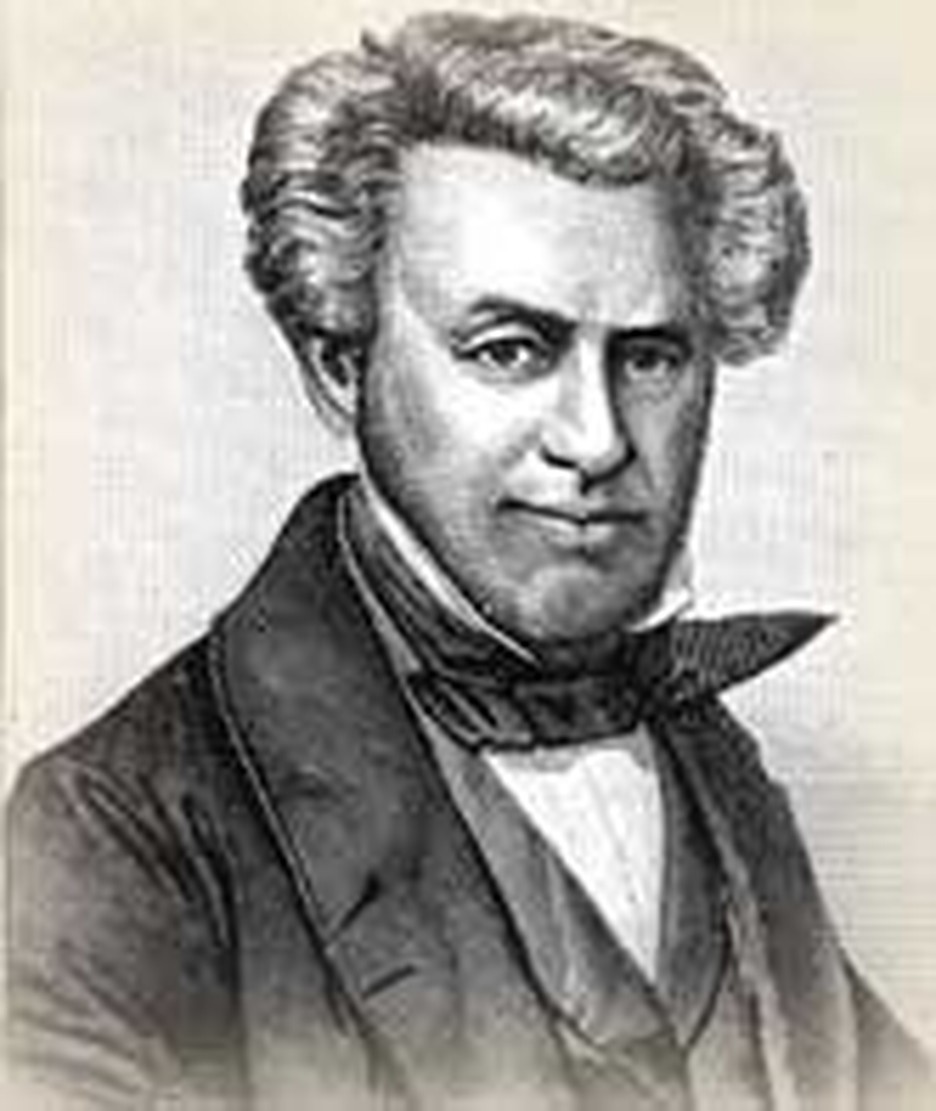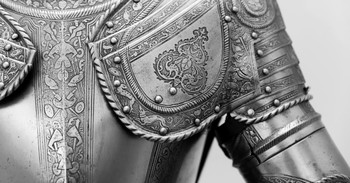
Under God's direction a man can accomplish immense things. John Gerhard Oncken demonstrated that.
He was born in Varel, Germany on this day, January 26, 1800. At fourteen, he sailed on a Scottish ship to England, where he was converted to Christianity. John joined a Congregational church. He thought of his homeland and its need for a more convincing religion. Many of Germany's state Lutheran churches were stagnant. When the Continental Society was formed to bring evangelical faith to Europe, Oncken volunteered as a missionary.
In 1823, he began work in Bremen and Hamburg. The established church was furious at his success and tried to squash his work, but God cannot be defeated. Oncken persisted.
Studying the scripture, he became convinced that only adult believers should be baptized. At that time, he was unacquainted with Baptist doctrine. He asked that someone be sent from England or Scotland to baptize him and a handful of like-minded believers. He had to wait five years.
"In 1834 a little company of seven believers were rowed across our beautiful Elbe, in the dead hour of night, to a little island, and there descending into the waters, were buried with Christ in baptism. . . The next day we were formed into a church, of which I was appointed the pastor." Germany's first modern-day Baptist church was born.
Baptists were despised by most Germans. You would understand why if you could travel in a time machine back to sixteenth-century Munster. The city fell into the hands of a so-called Anabaptist group who acted on wild prophecies. They taught a fighting brand of Christianity that allowed polygamy and communism. Lutherans and Catholics alike were scandalized by these "Anabaptists" and stamped them out. Ordinary Germans thought the Baptists were a new form of the Munster radicals.
In spite of his country's bad memories, John Oncken and two other helpers (one a converted Jew) led the Baptists to success after success. Their numbers grew at a prodigious rate. The opposition and harassment of the state church could not hold them back. Oncken was thrown into prison. Everything he owned was taken to pay fines. Other Baptists were treated just as badly. Even protests by England and the United States could not stop the persecution. Still the church grew. It sent missionaries to Bulgaria, Denmark, Finland, Holland, Hungary, Poland, Russia, and Switzerland. As in Germany, the Russian churches proved indestructible.
Baptists in all these nations look back to one man as their forefather: John Oncken.
Bibliography:
- Armitage, Thomas. A History of the Baptists; traced by their principles and practices, from the time of our Lord and Saviour Jesus Christ to the present. New York: Bryan, Taylor and co., 1893.
- Brandenburg, Hans. The Meek and the Mighty; the emergence of the evangelical movement in Russia. New York: Oxford University Press, 1977.
- "Johann G. Oncken (1800-1884)." (www.mbconf.ca/mbstudies/holdings/ perspapers/oncken_jg.en.html).
- "Johann Gerhard Oncken; Germany's Baptist Pioneer." (www.go-newfocus.co.uk/articles/johanngerhardoncken.htm).
- Various encyclopedia and internet articles.
Last updated May, 2007.


